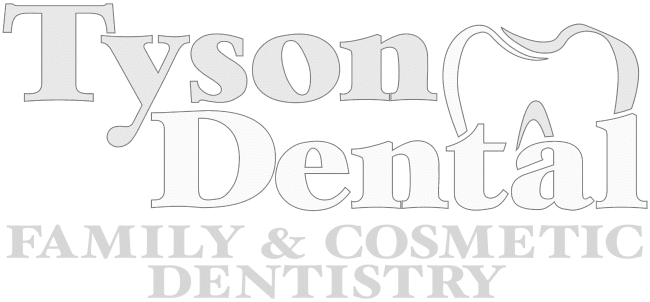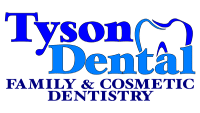(256) 258-9333

Temporomandibular Joint (TMJ) disorders can be a source of significant discomfort for many individuals, affecting the jaw joint and the muscles that control jaw movement. If you find yourself experiencing jaw pain, headaches, or difficulty chewing, it might be time to explore the world of TMJ treatment. In this blog, we’ll delve into the basics of TMJ, its common symptoms, and the various treatment options available. For those seeking effective TMJ treatment in Huntsville, understanding the fundamentals is the first step towards finding relief.
Understanding TMJ
The temporomandibular joint, or TMJ, is the hinge joint that connects your jawbone to the skull. It plays a crucial role in facilitating essential movements like chewing, talking, and yawning. When the TMJ malfunctions, it can result in a range of symptoms collectively known as TMJ disorders. These may include jaw pain, headaches, clicking or popping sounds in the jaw, and difficulty opening or closing the mouth.
Common Causes of TMJ Disorders
TMJ disorders can stem from various factors, making it essential to identify the root cause for effective treatment. Some common causes include:
- Bruxism (Teeth Grinding): Persistent teeth grinding can place excessive stress on the TMJ, leading to discomfort and dysfunction.
- Jaw Misalignment: An improper bite or jaw misalignment can contribute to TMJ issues.
- Arthritis: Inflammatory joint conditions like arthritis can affect the TMJ.
- Stress: High levels of stress can cause individuals to clench their jaw muscles involuntarily, exacerbating TMJ symptoms.
- Trauma: Physical injuries to the jaw area can result in TMJ disorders.
Treatment Options for TMJ
- Lifestyle Modifications:
- Stress Management: Adopting stress-reduction techniques can alleviate symptoms associated with TMJ disorders.
- Dietary Changes: Consuming soft foods and avoiding hard or chewy substances can reduce jaw strain.
- Oral Appliances:
- Dentists may recommend the use of oral appliances, such as splints or mouthguards, to address teeth grinding and correct jaw alignment.
- Physical Therapy:
- TMJ-focused physical therapy can include exercises to strengthen jaw muscles and improve joint function.
- Medications:
- Pain relievers, anti-inflammatories, and muscle relaxants may be prescribed to manage TMJ symptoms.
- Dental Procedures:
- In some cases, dental procedures like orthodontic treatment or dental crowns may be recommended to correct bite issues.
- Surgery:
- Surgical intervention is considered a last resort and is reserved for severe cases of TMJ disorders that do not respond to conservative treatments.
Dentist in Huntsville: Your Trusted Partner in TMJ Treatment
For individuals in Huntsville seeking relief from TMJ disorders, a qualified dentist can be a valuable ally. A dentist with expertise in TMJ treatment can perform a thorough evaluation, diagnose the underlying causes, and tailor a treatment plan to address your specific needs.
In Huntsville, dentists specializing in TMJ treatment are well-versed in the latest advancements and techniques. They collaborate with patients to develop personalized treatment plans that may include a combination of lifestyle modifications, oral appliances, and other interventions to achieve optimal results.
Conclusion
Understanding the basics of TMJ disorders is the first step towards unlocking relief from the associated discomfort. Whether you’re dealing with jaw pain, headaches, or other symptoms, seeking the expertise of a dentist in Huntsville can make a significant difference in your journey towards TMJ recovery. With a comprehensive approach to treatment, you can regain control of your jaw health and improve your overall quality of life. Don’t let TMJ symptoms hold you back—take the initiative to explore effective treatment options and unlock the relief you deserve.


